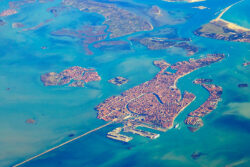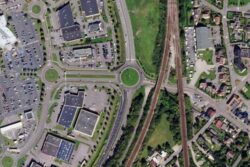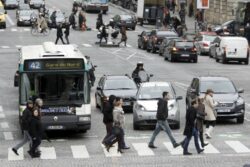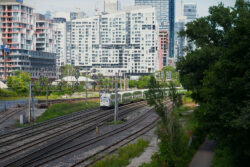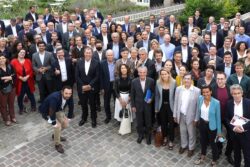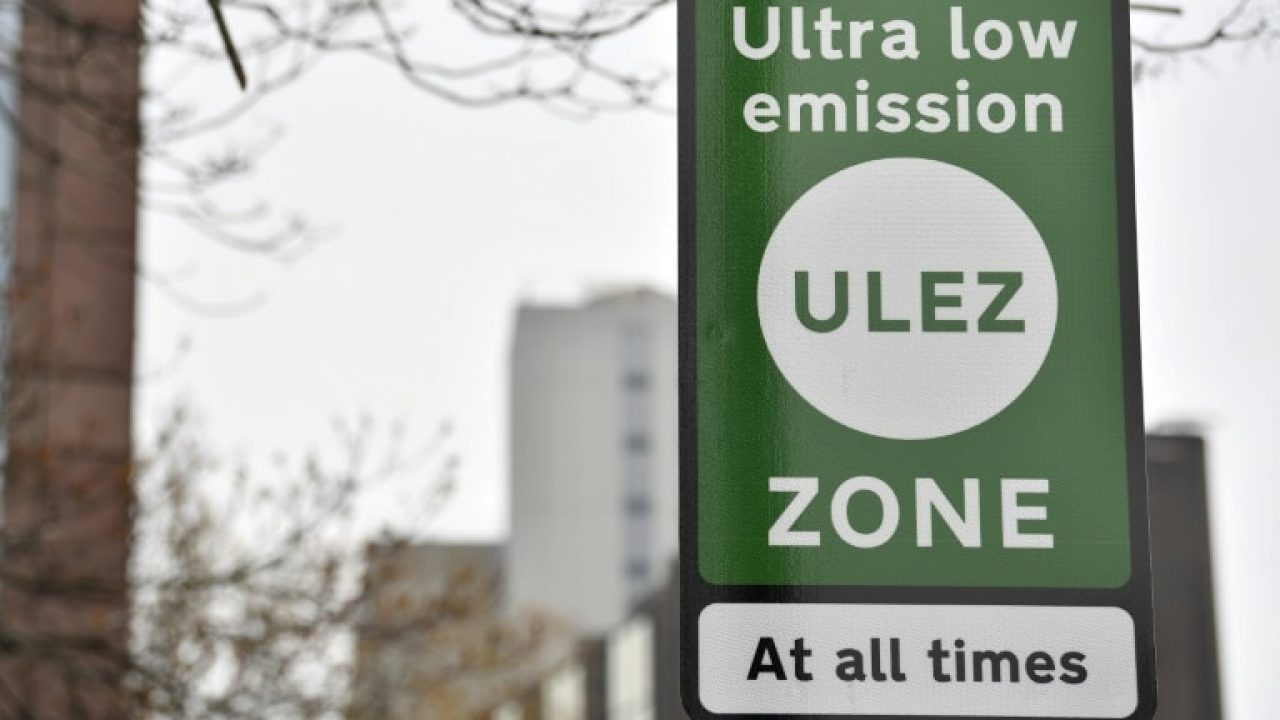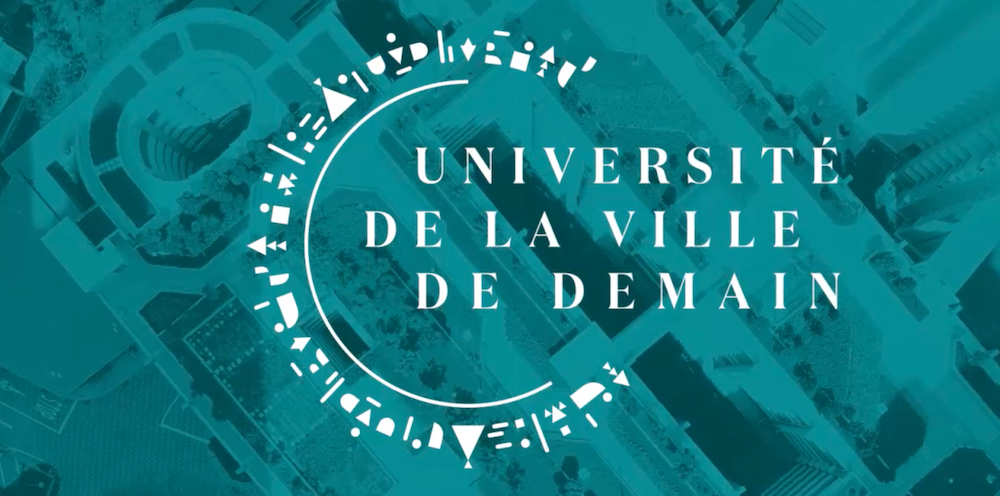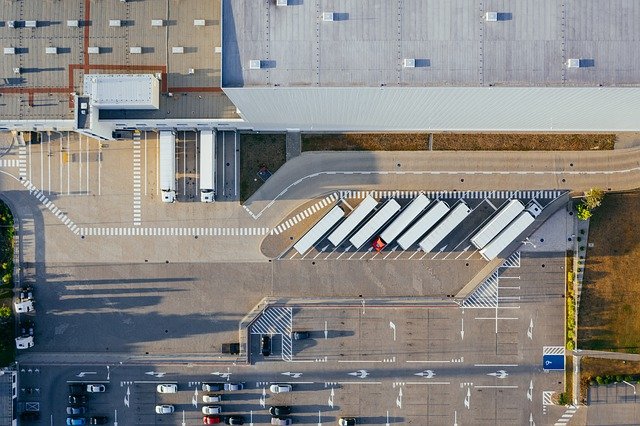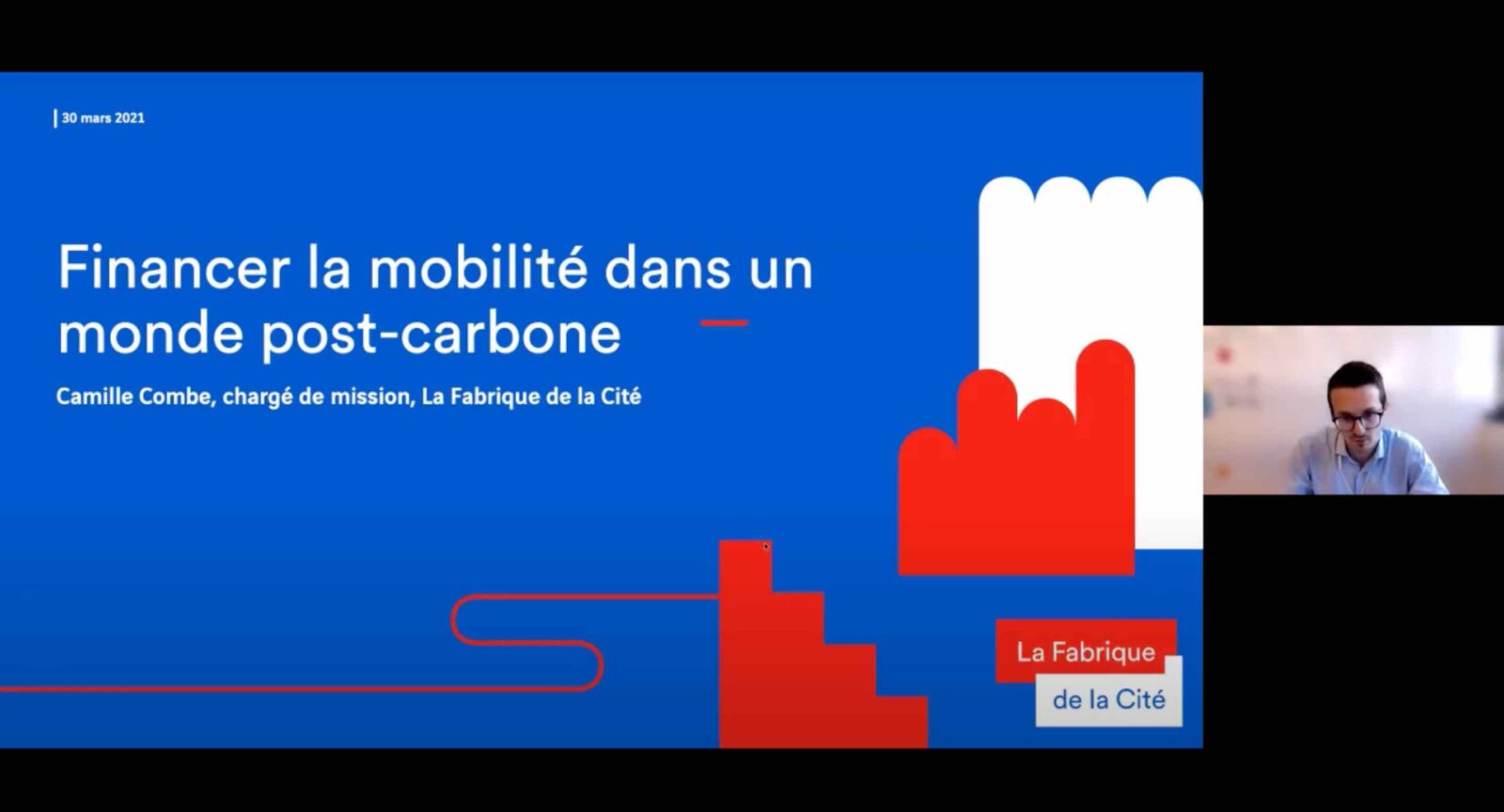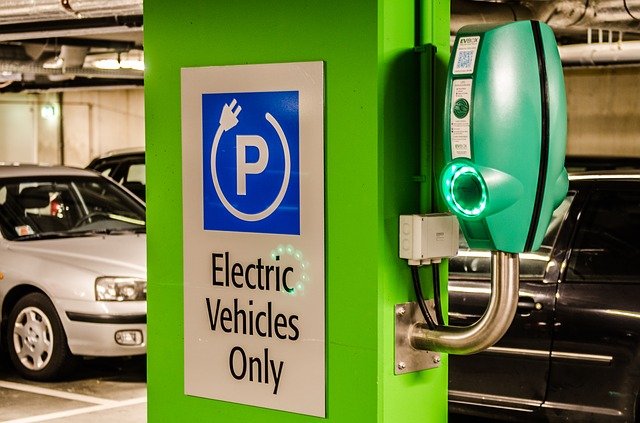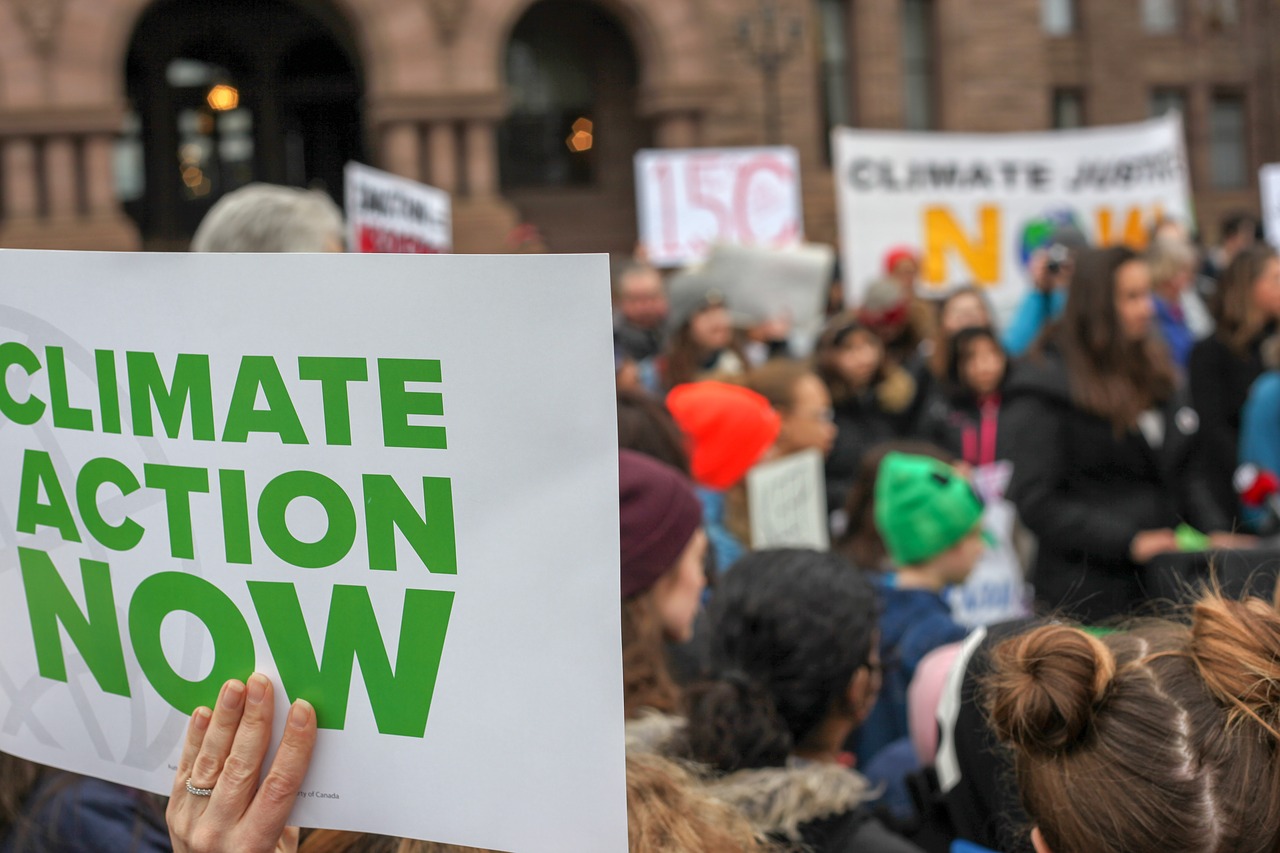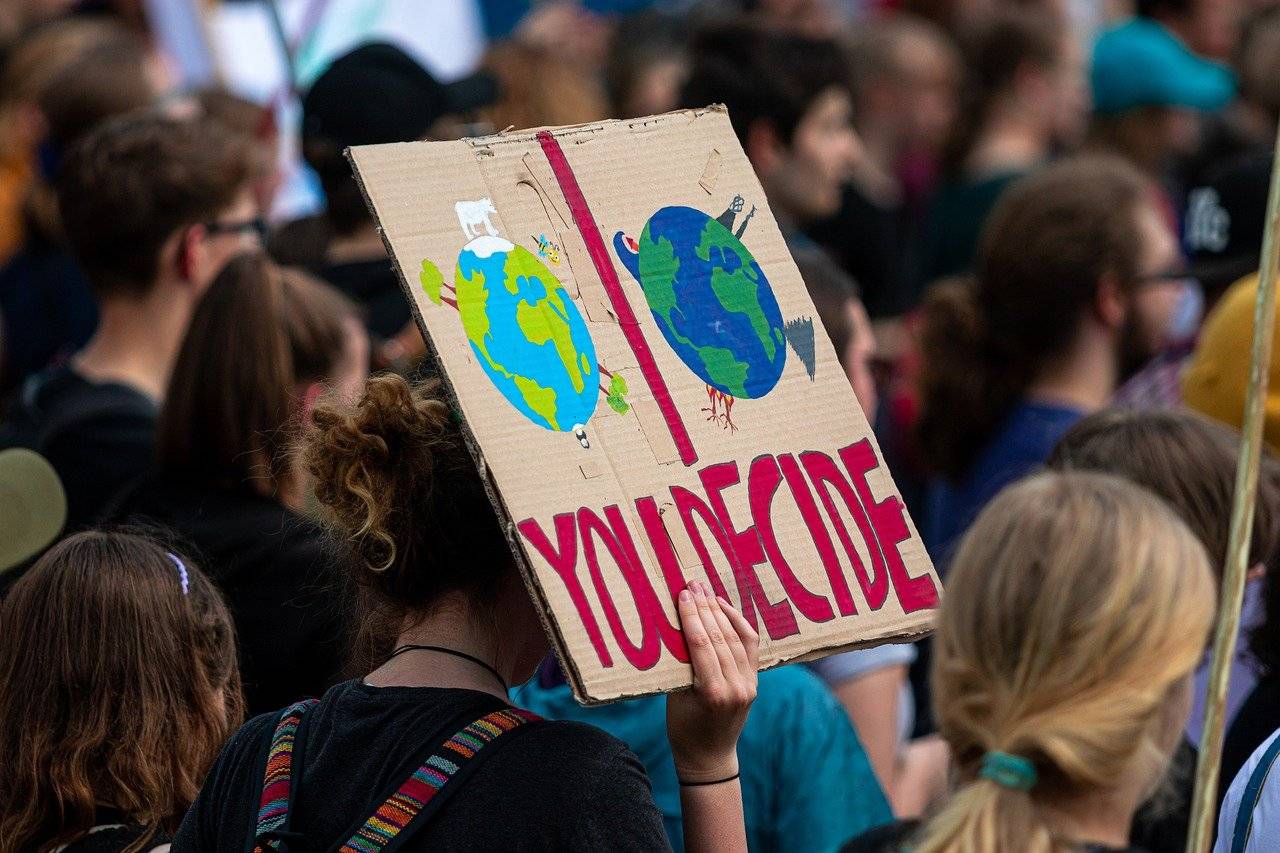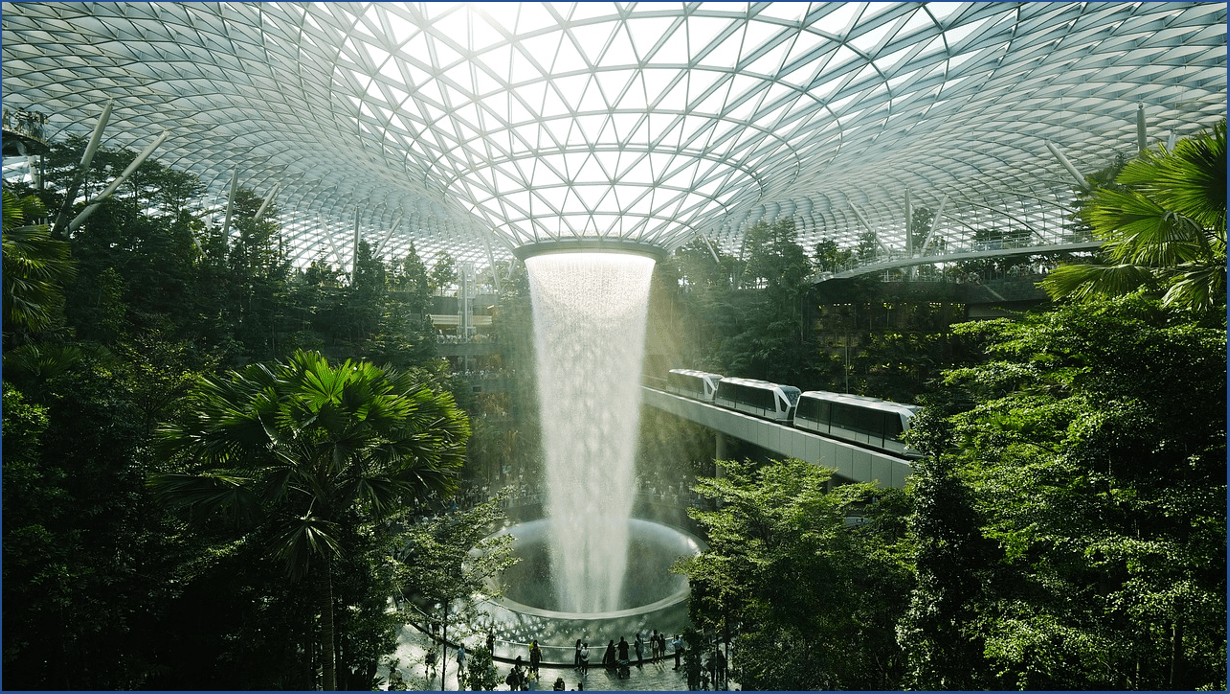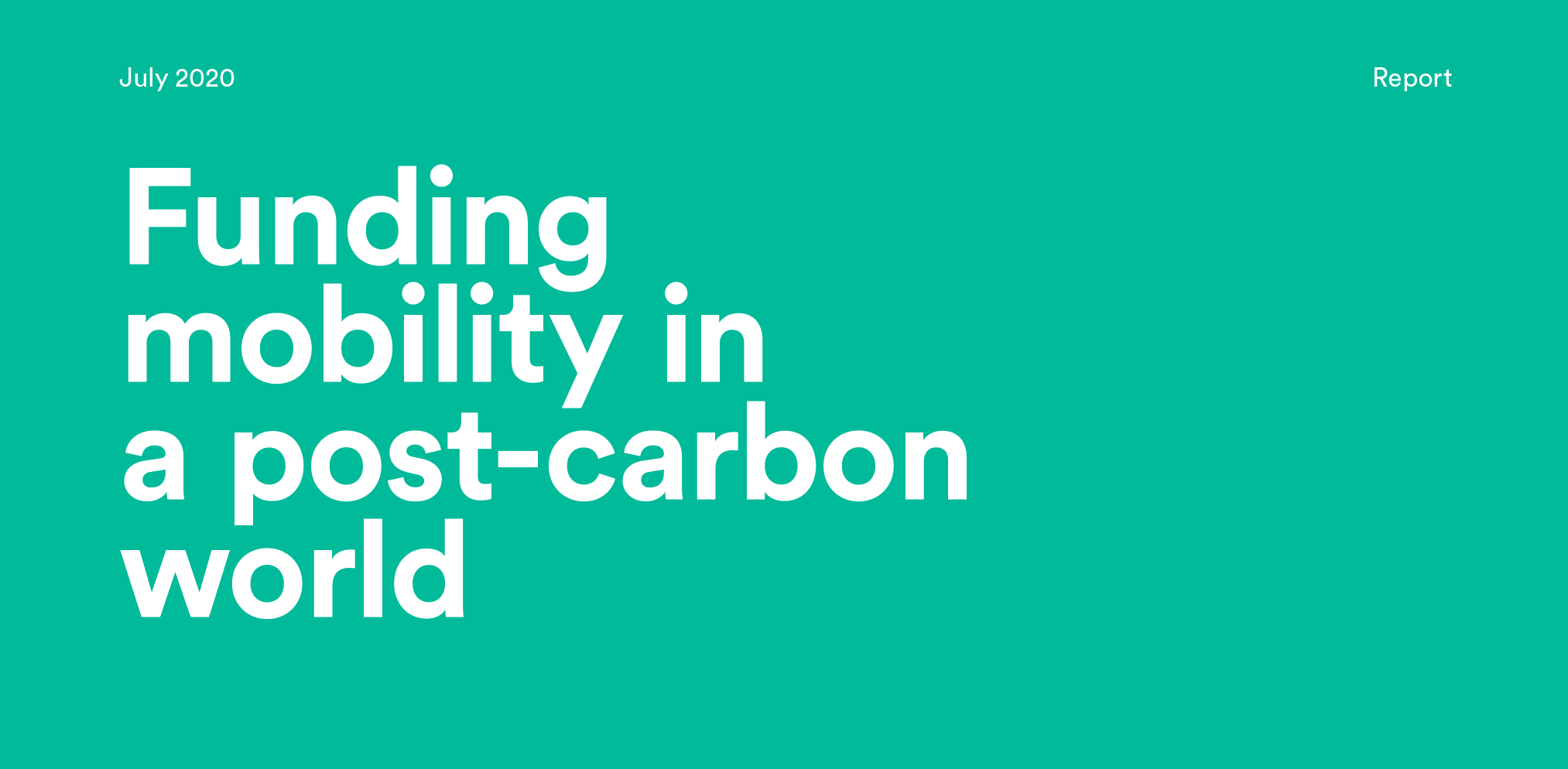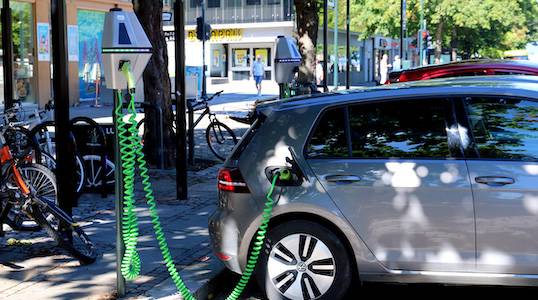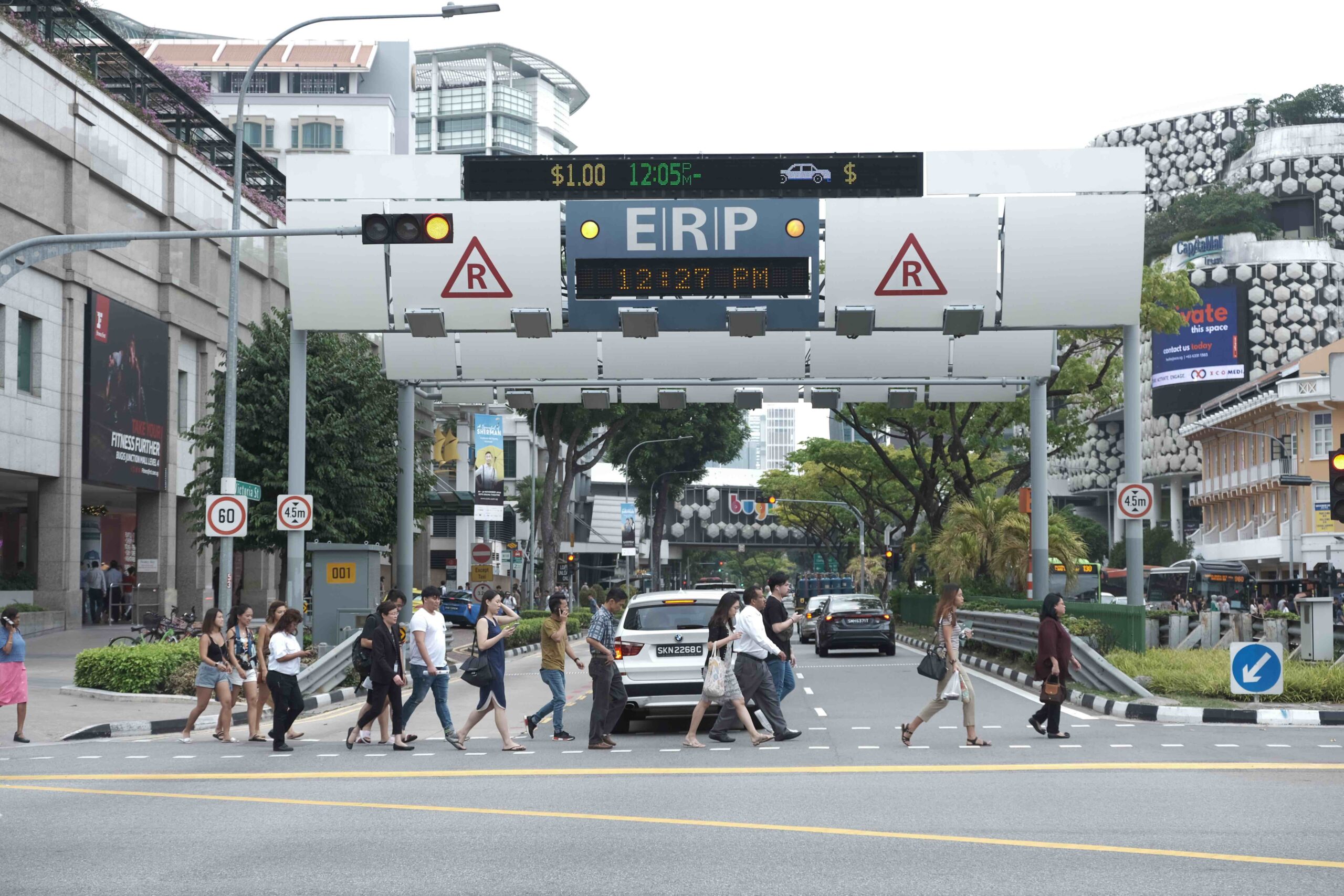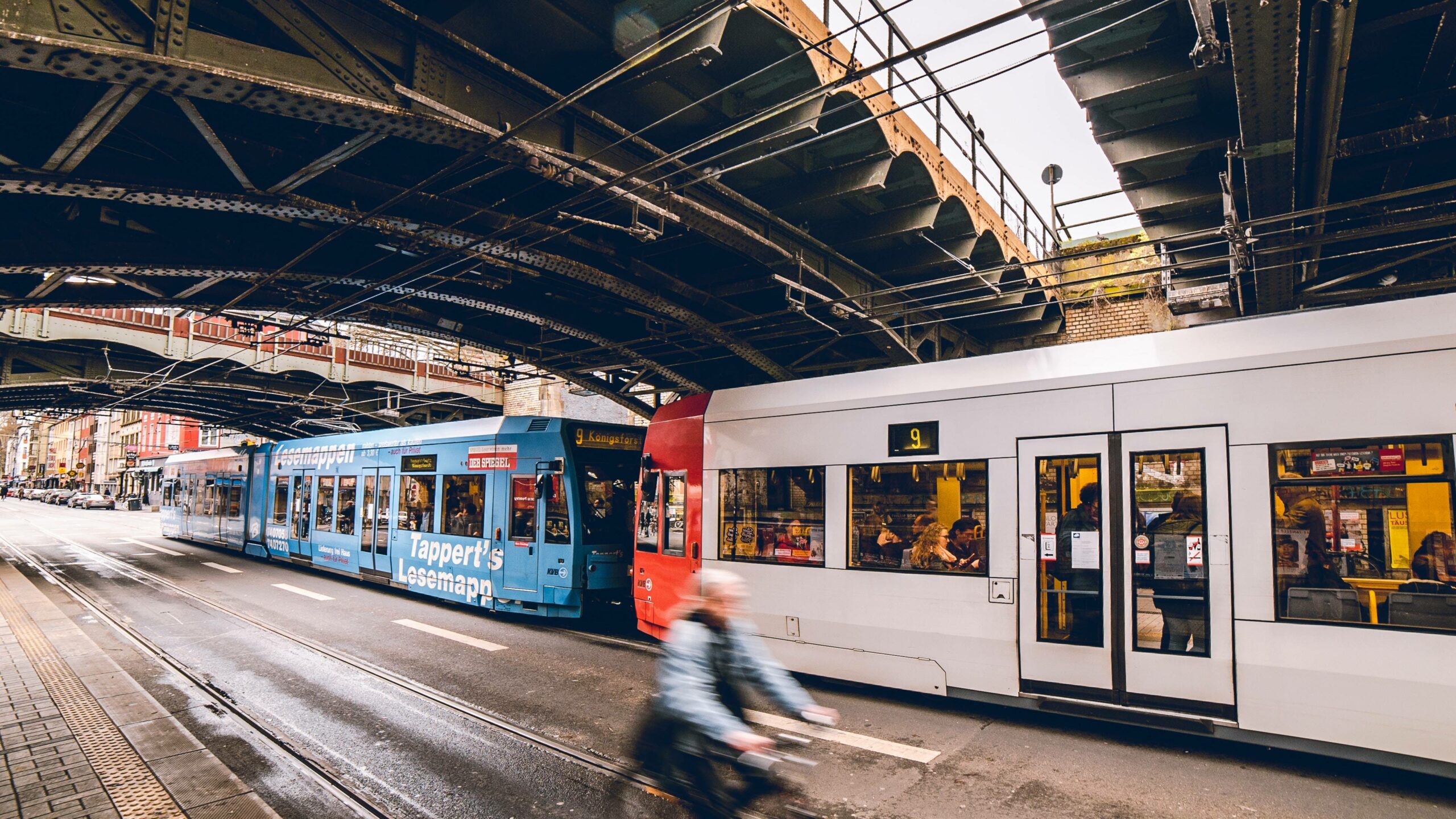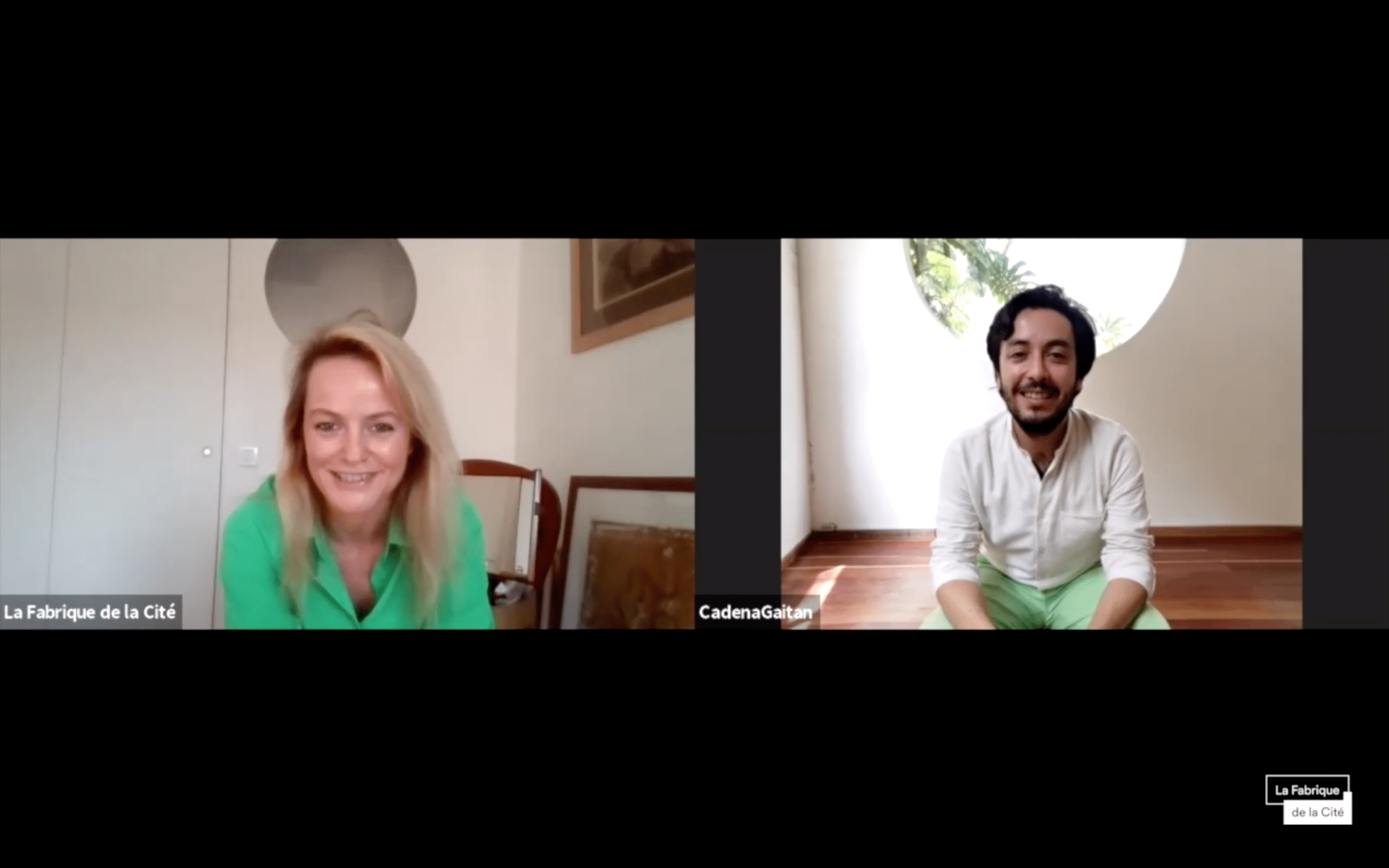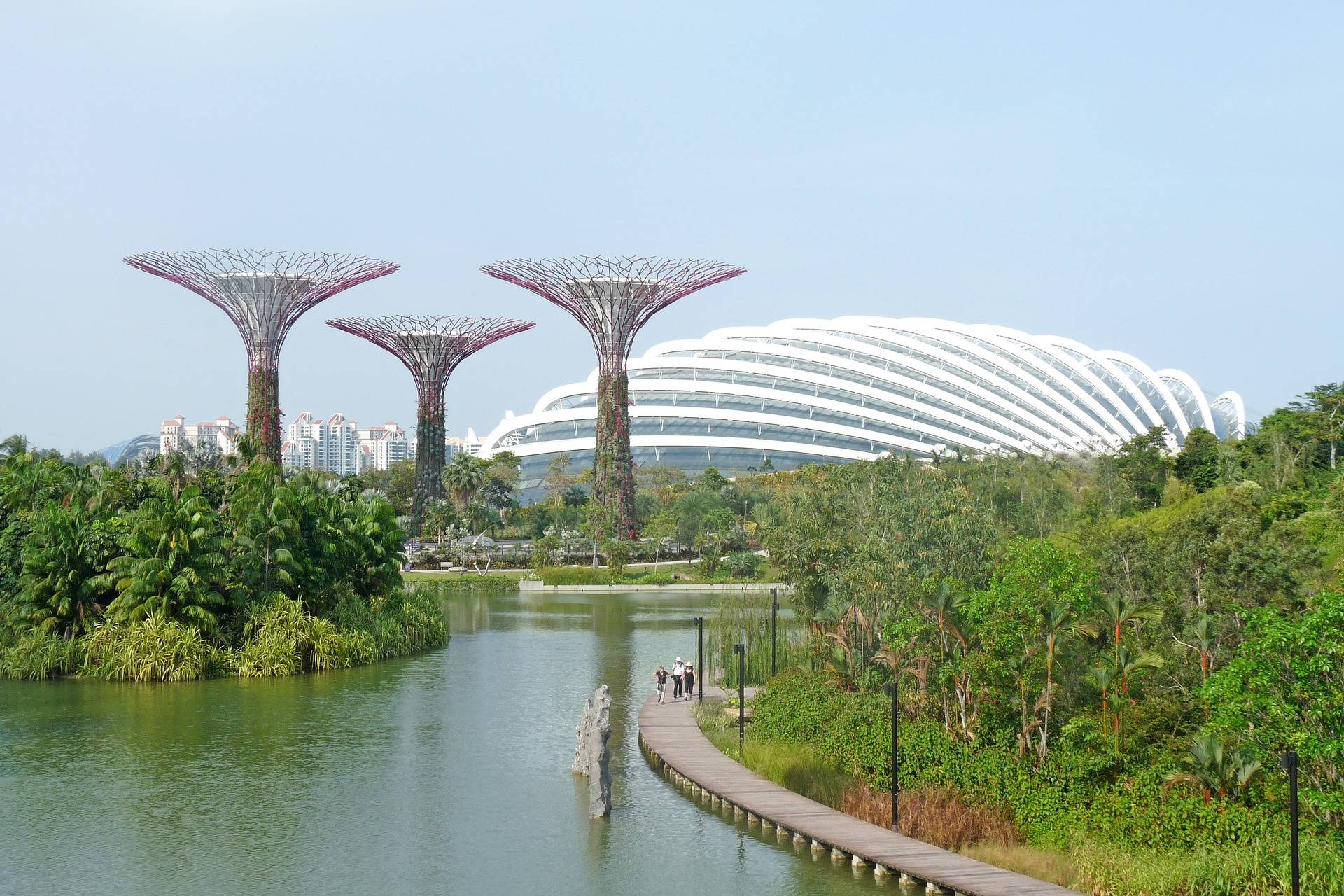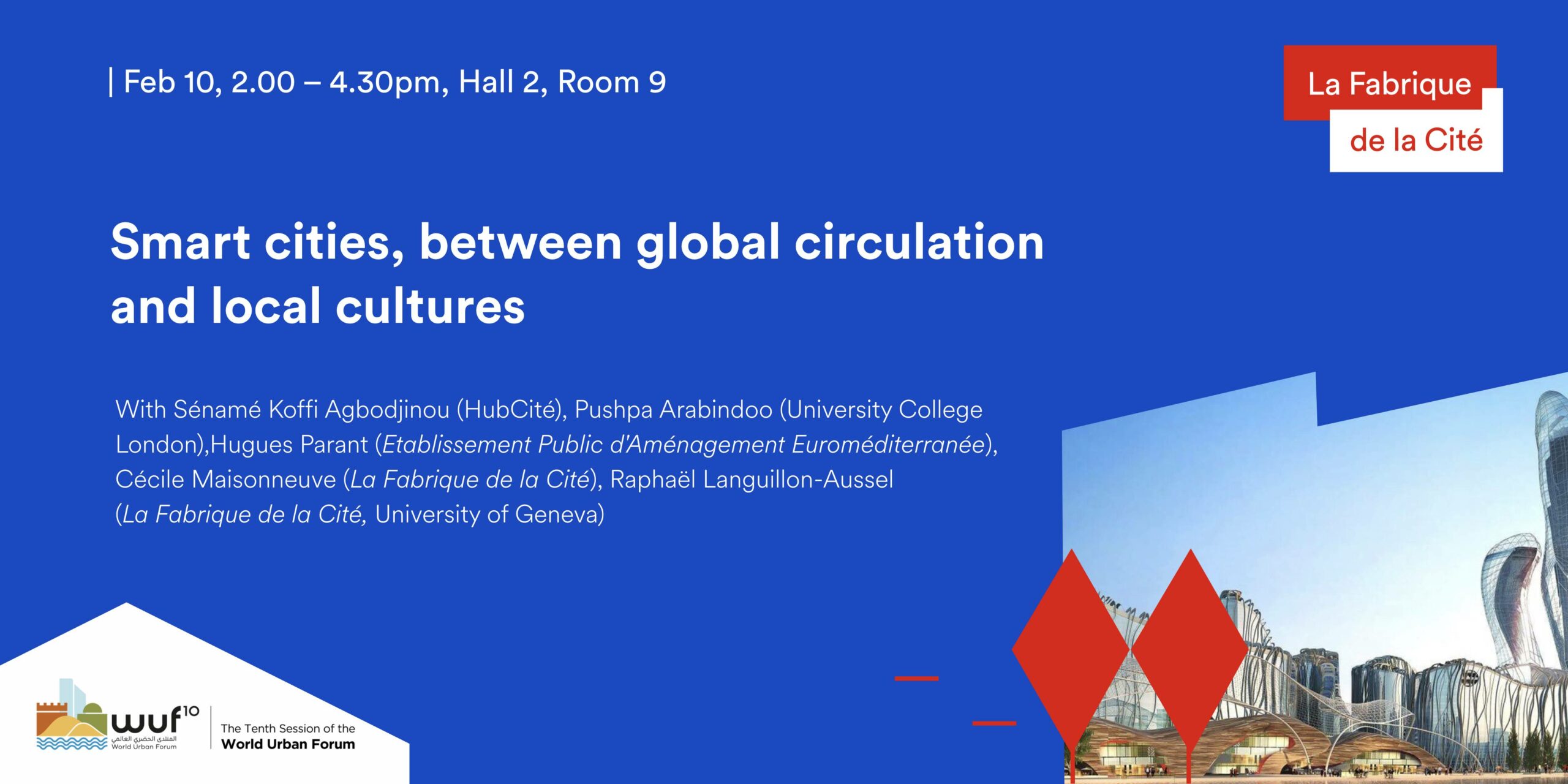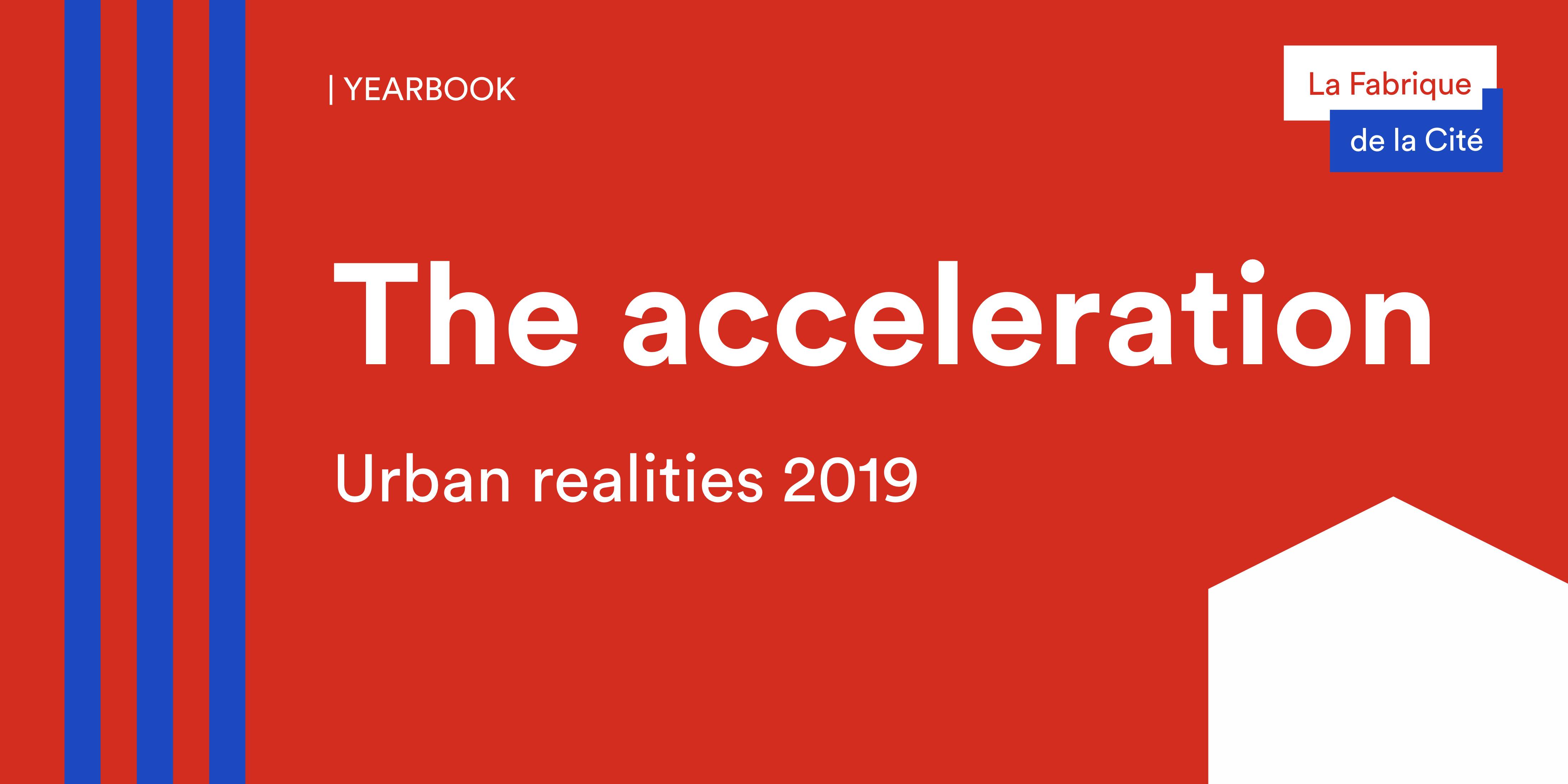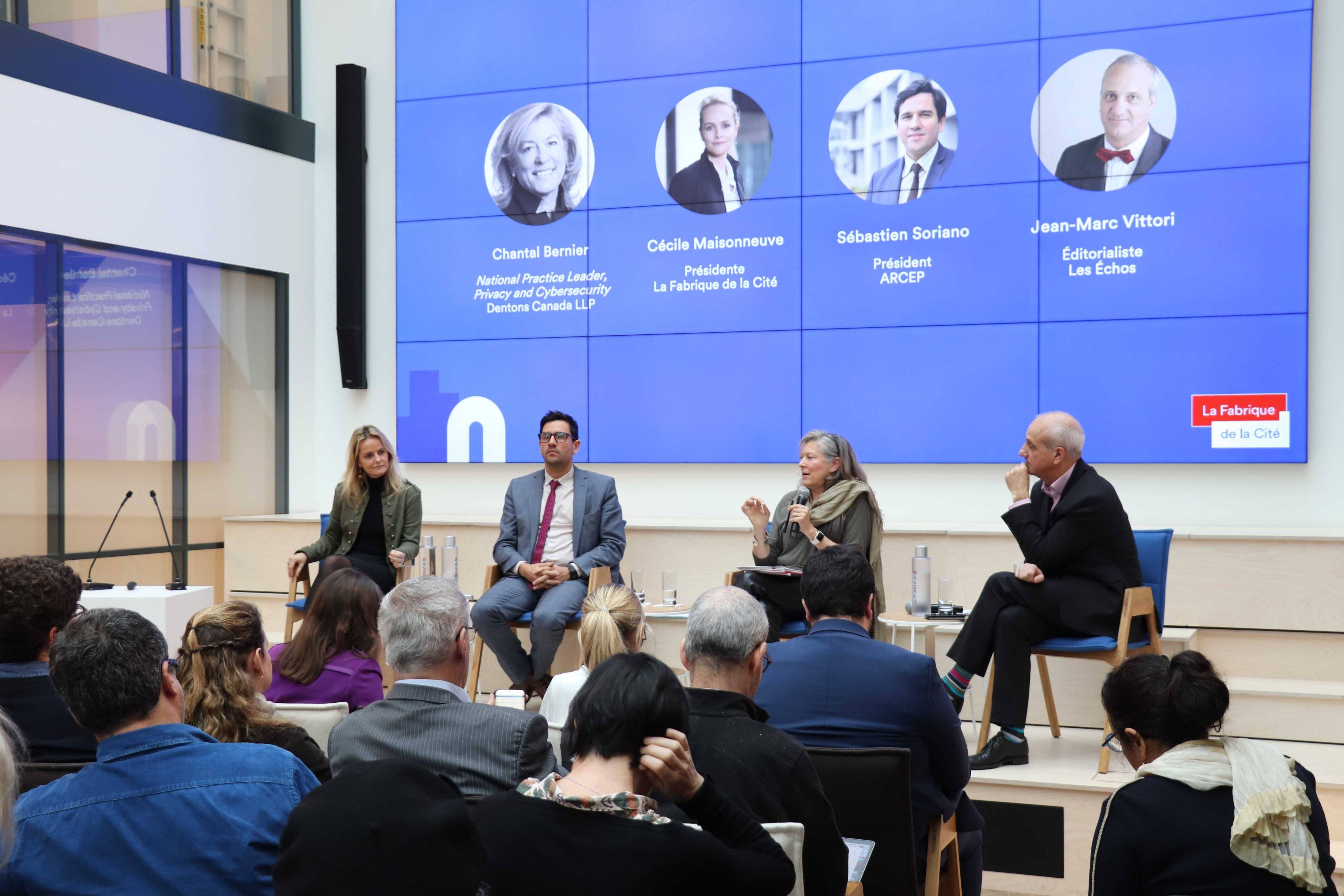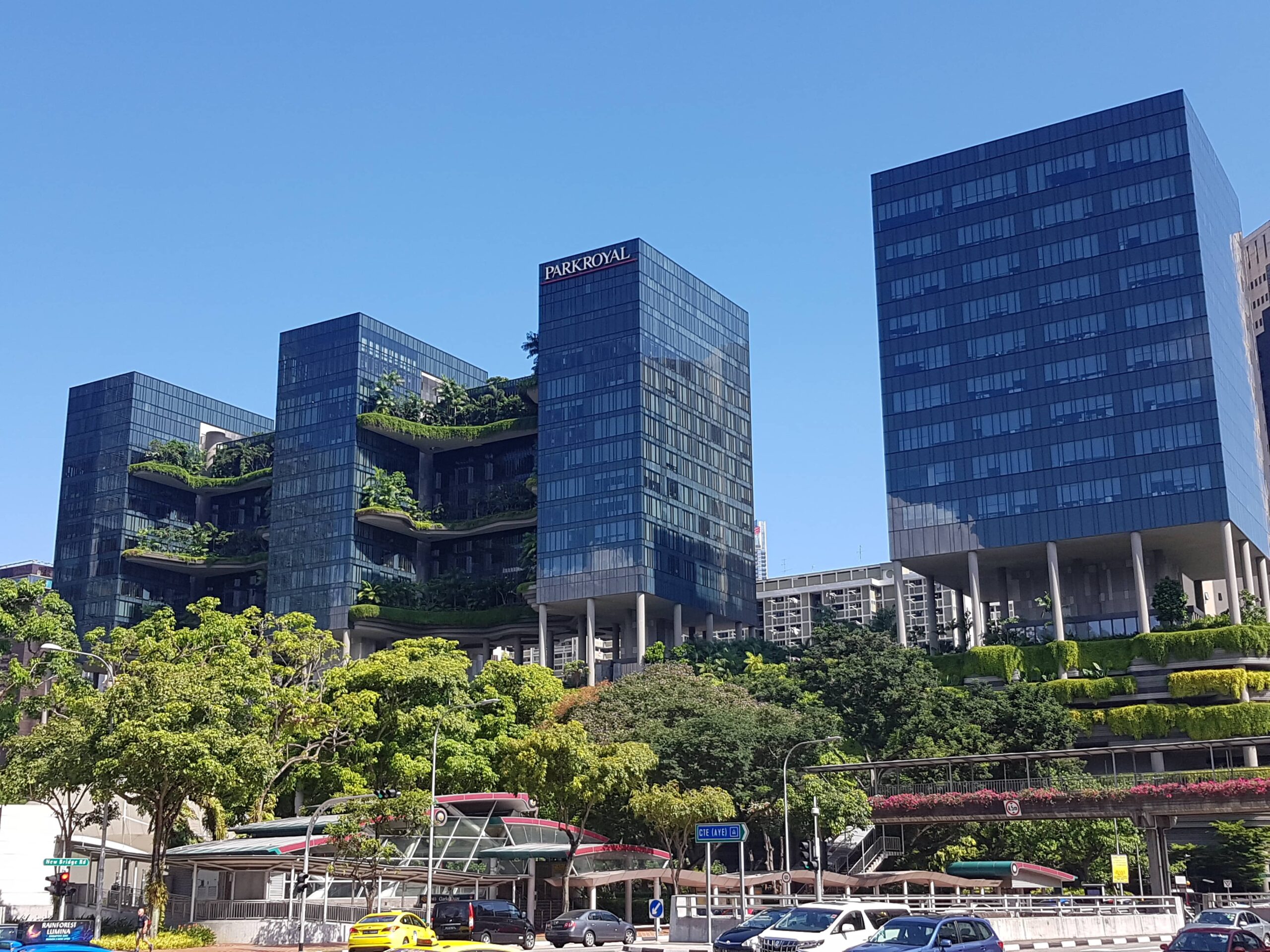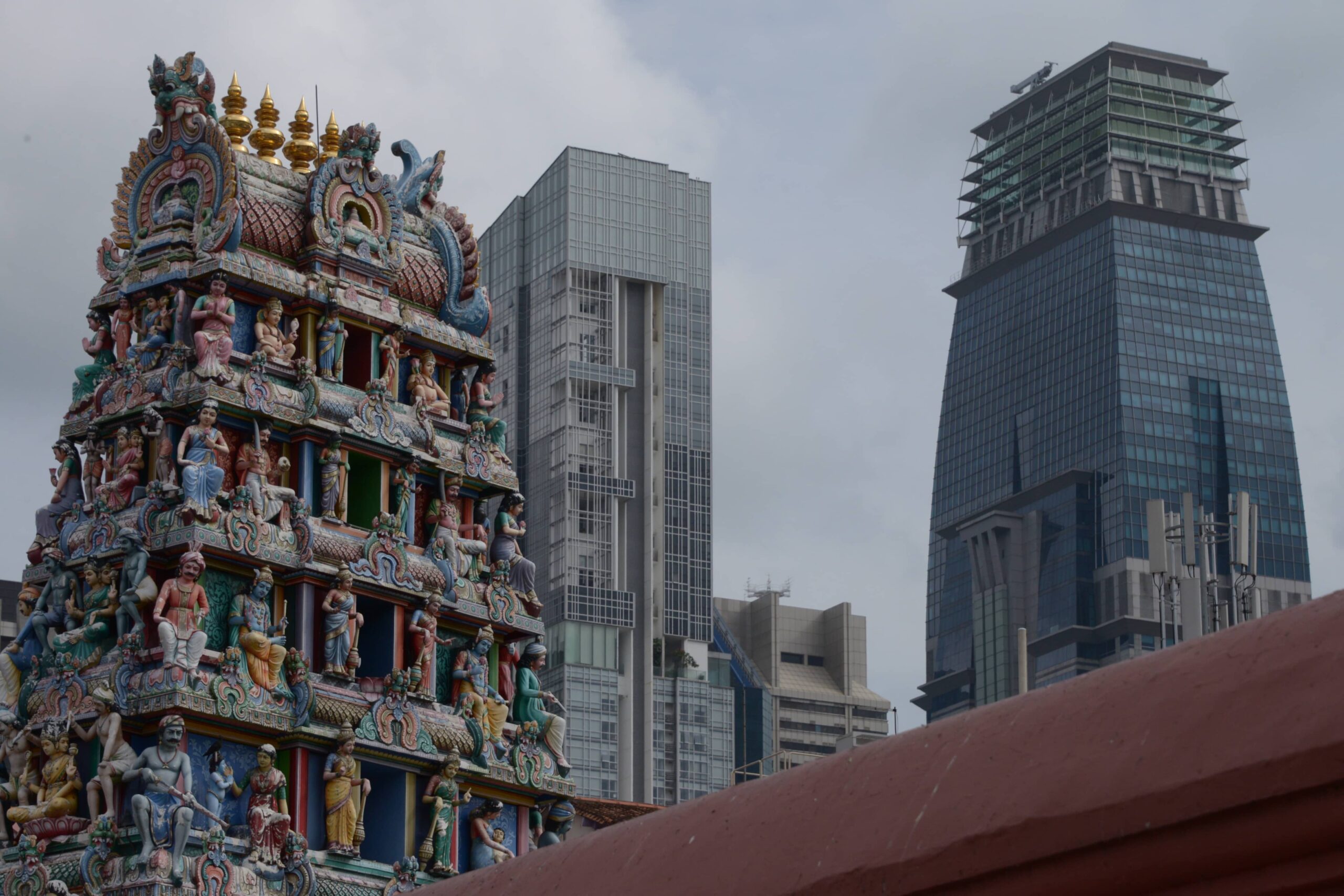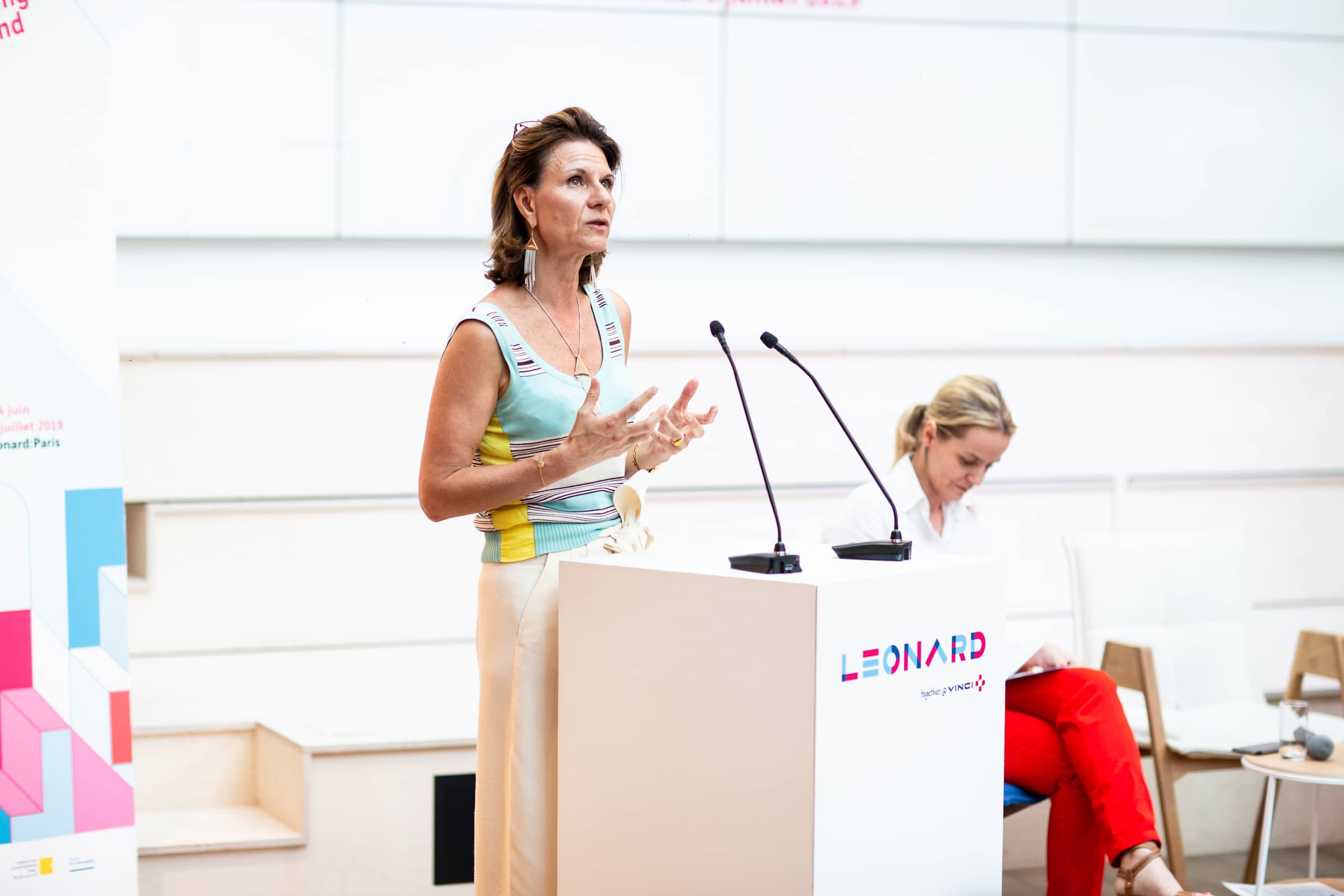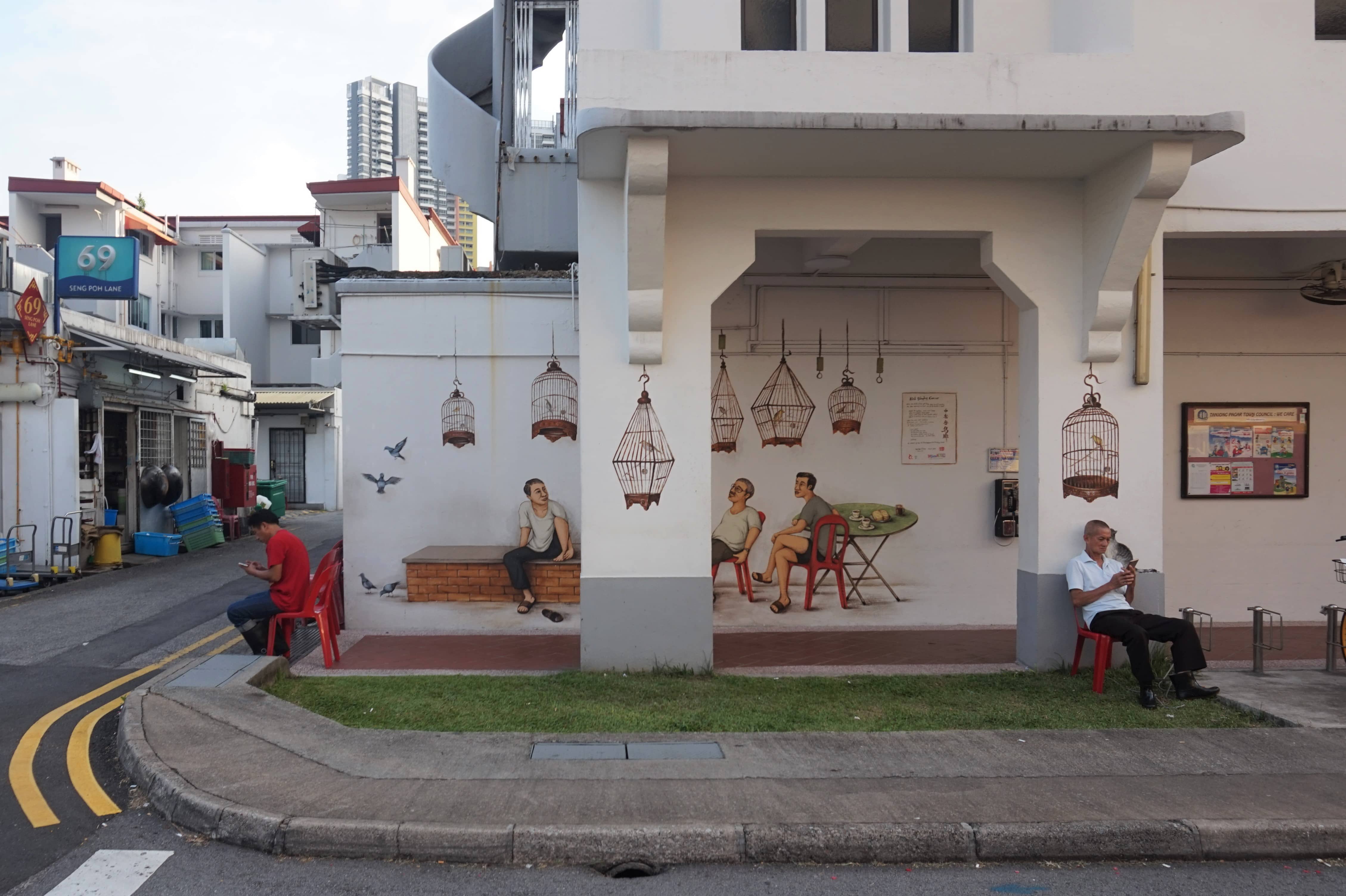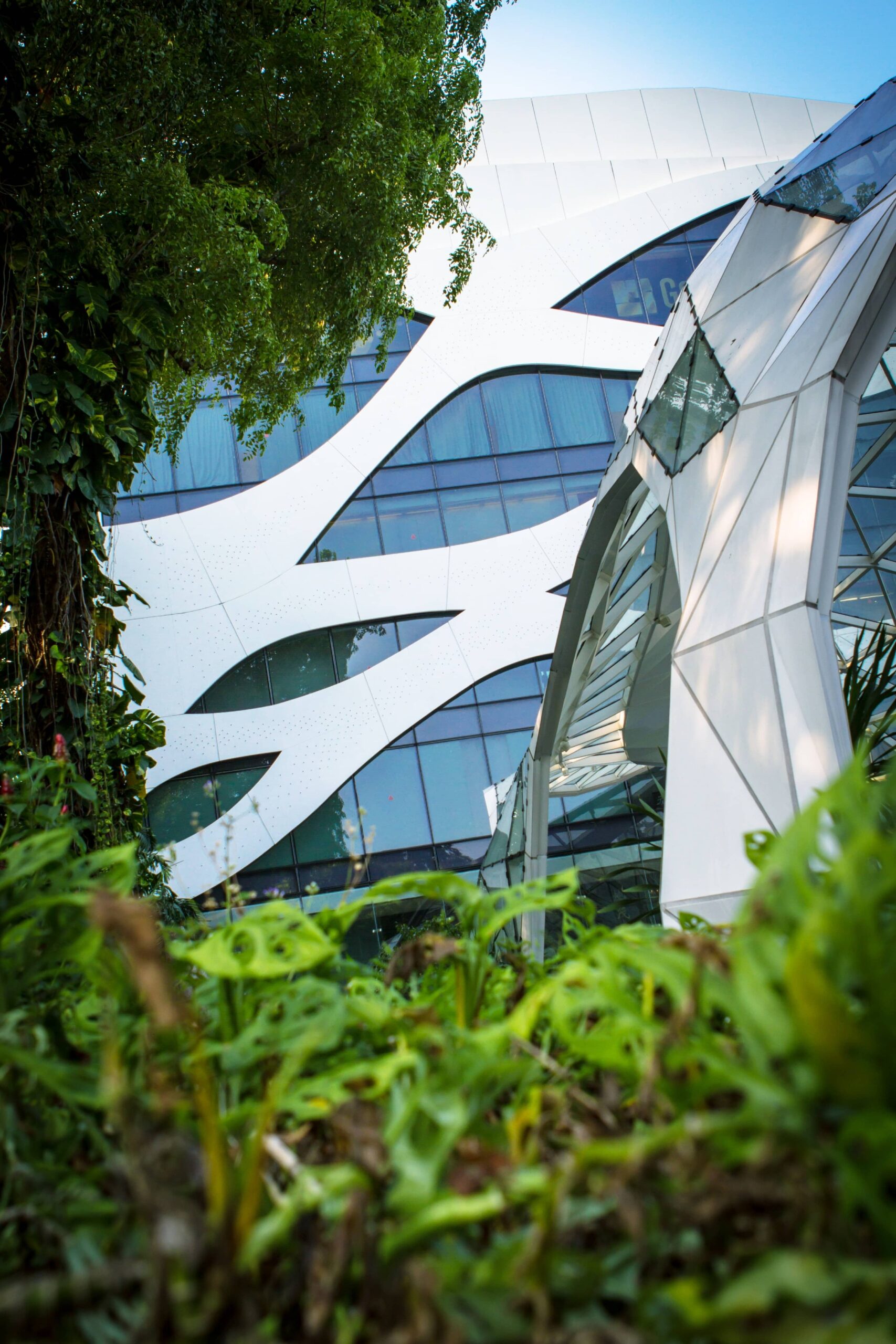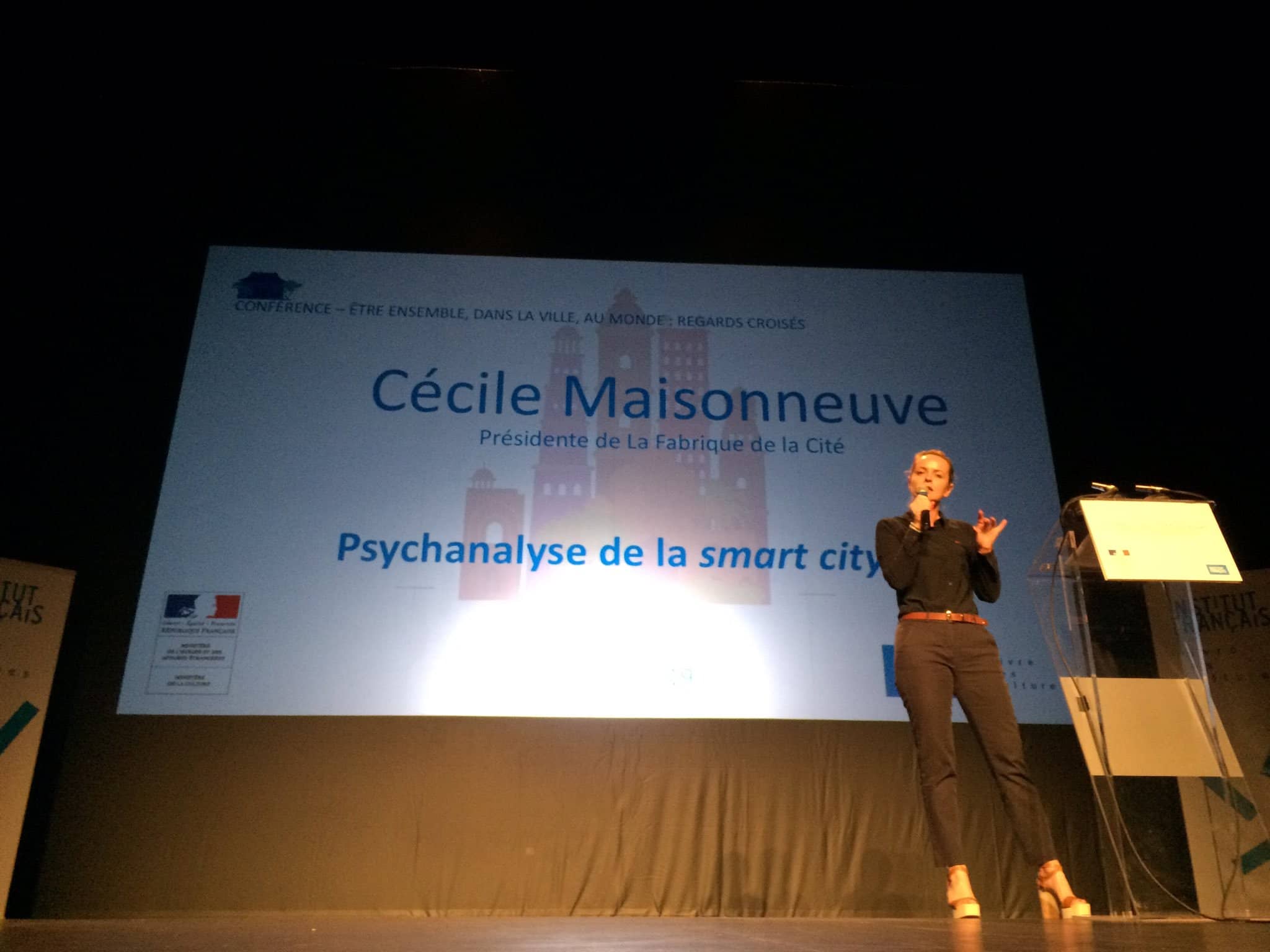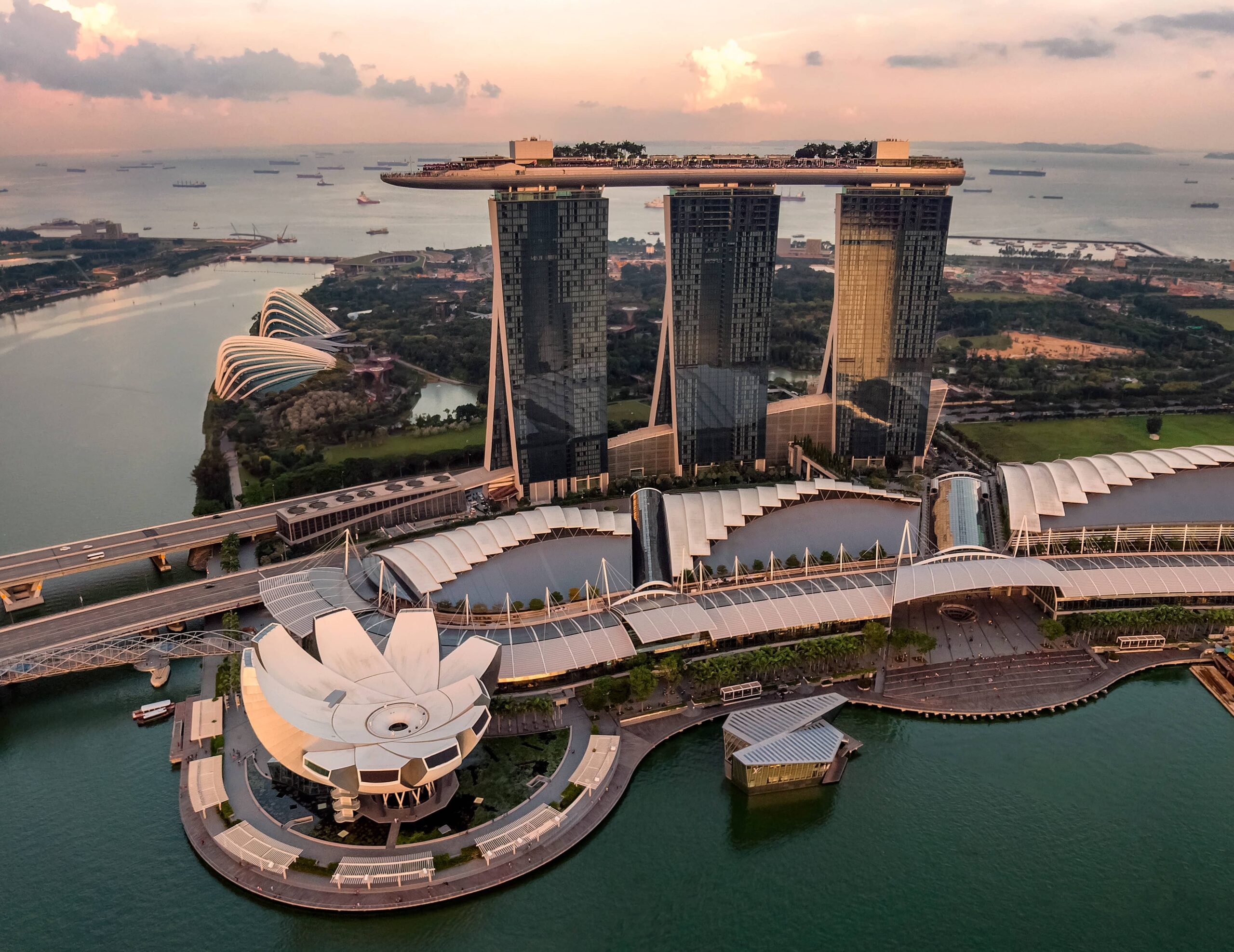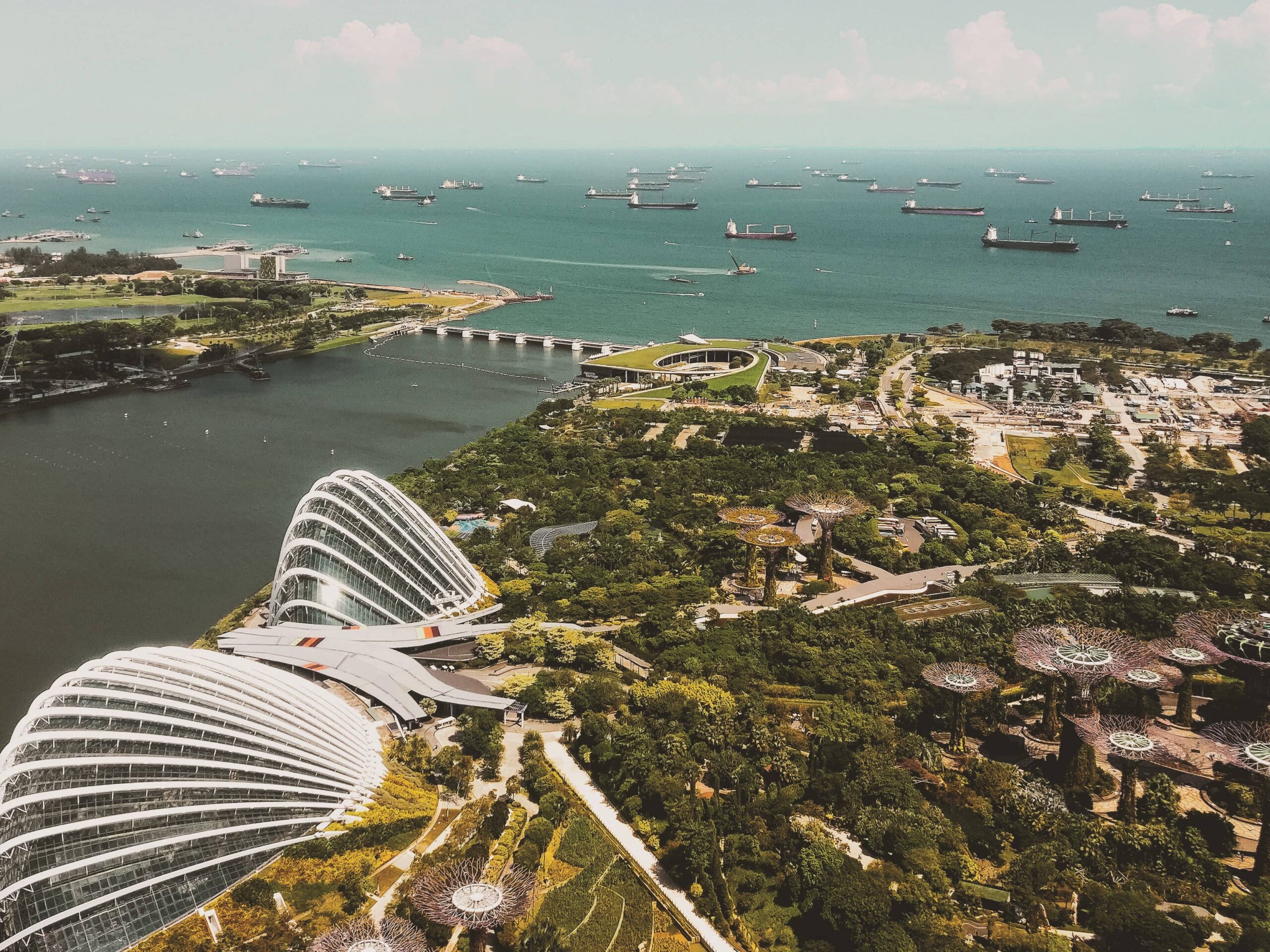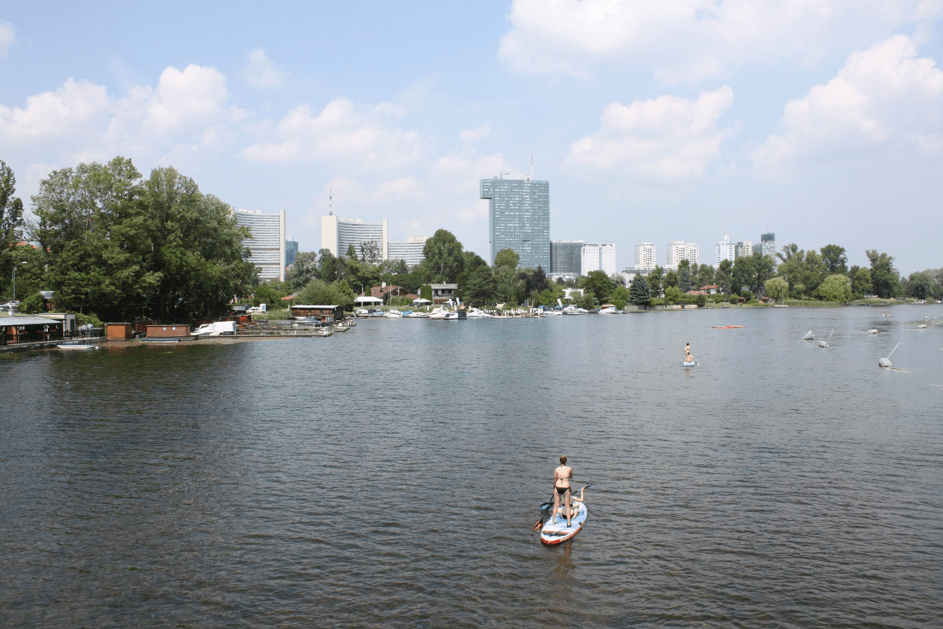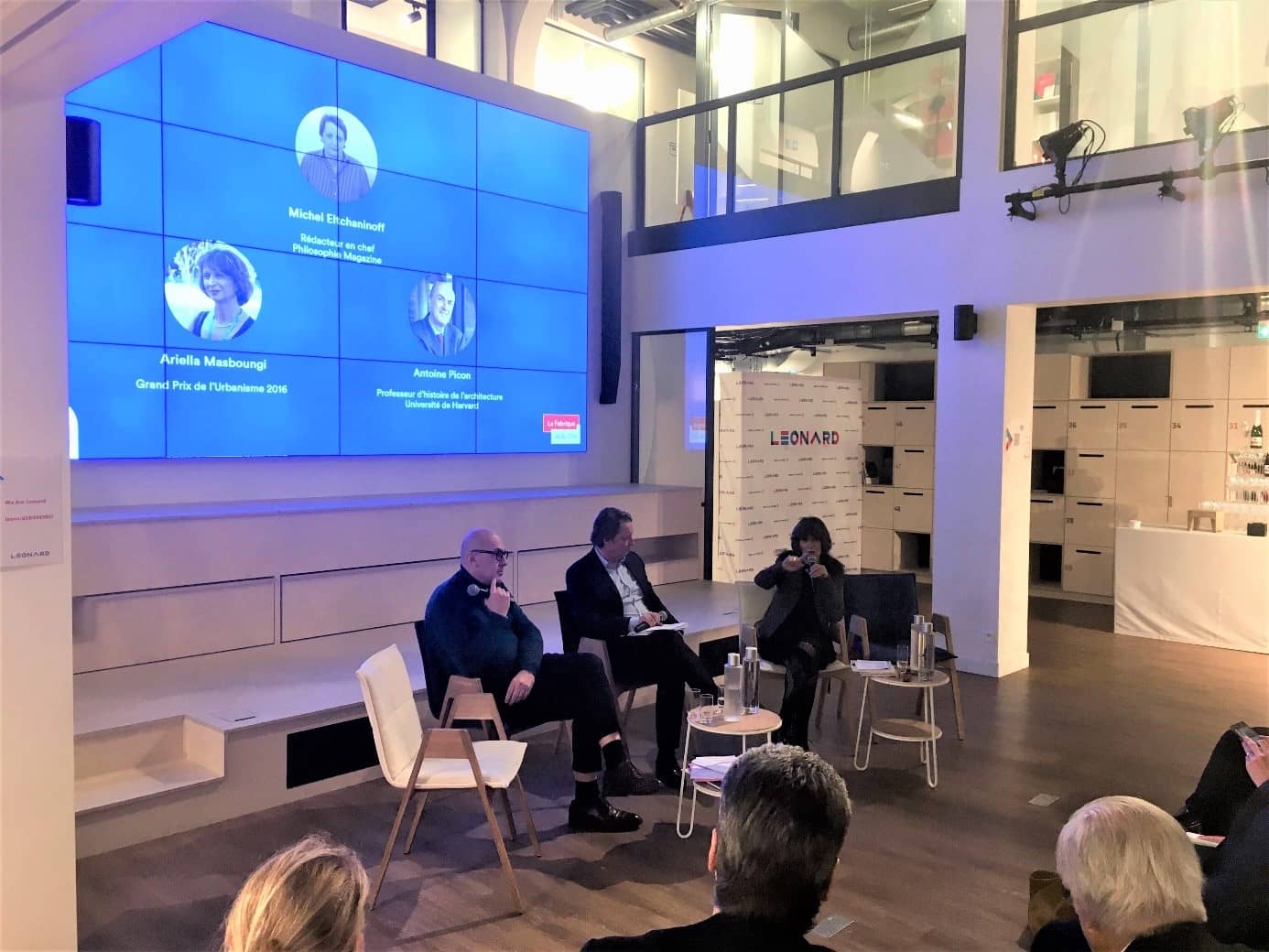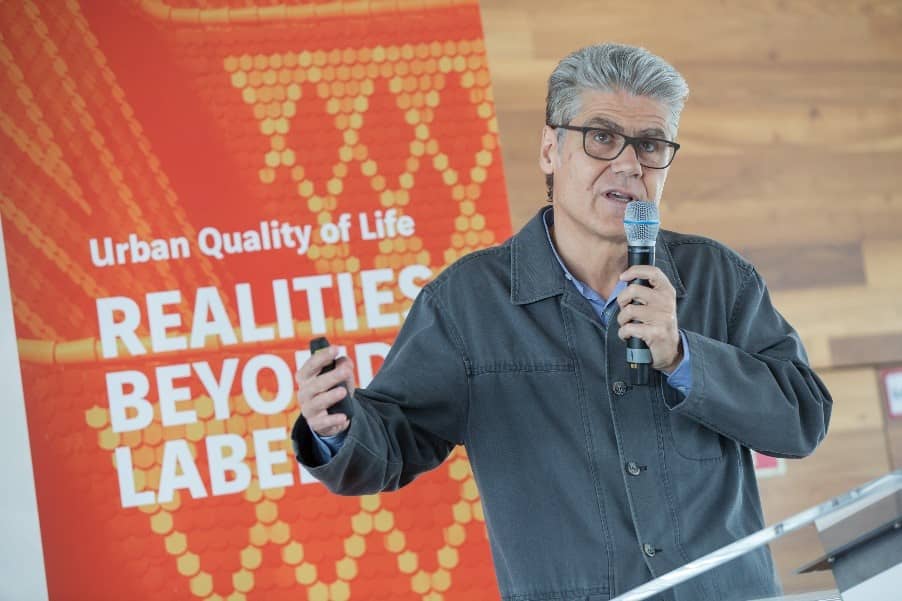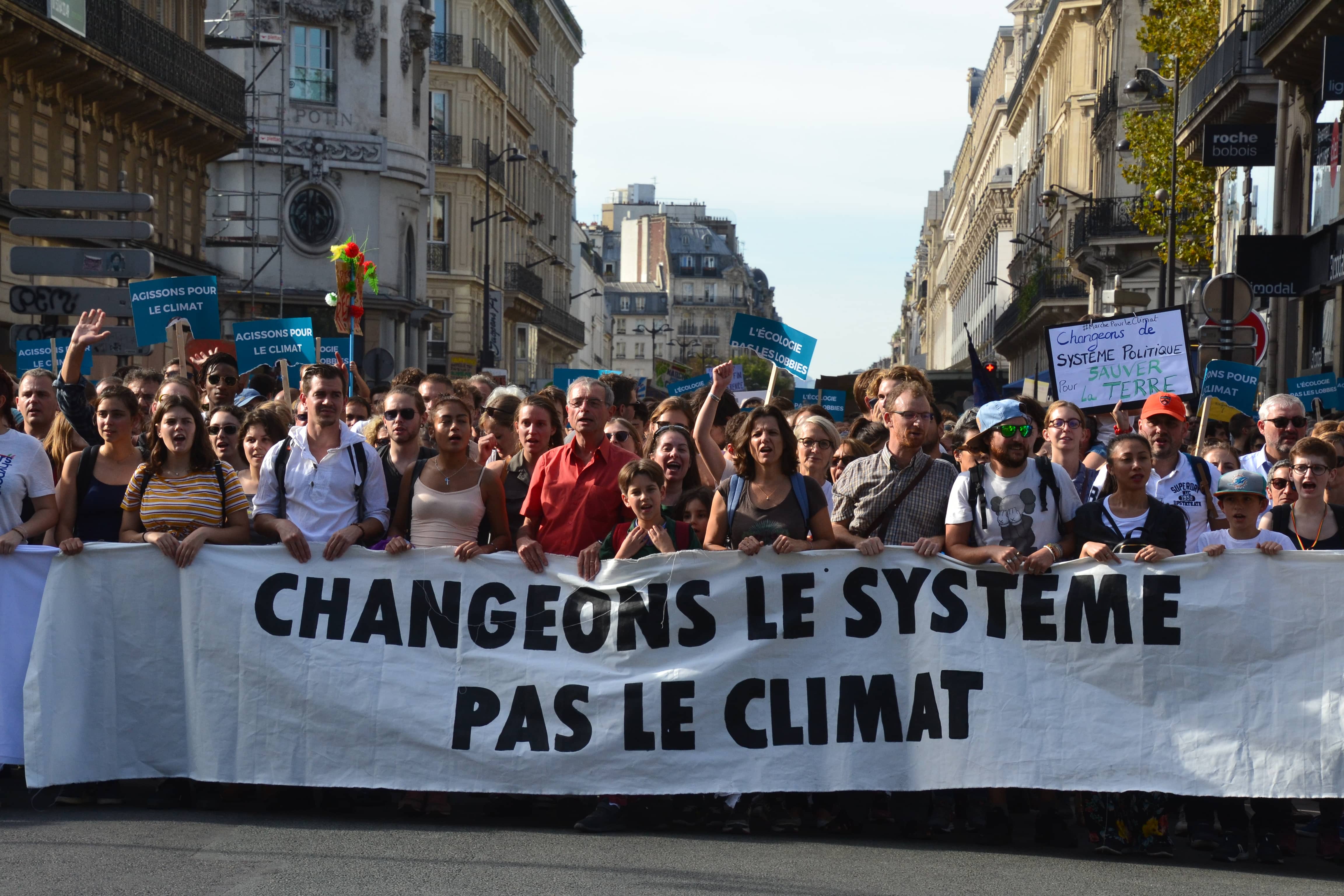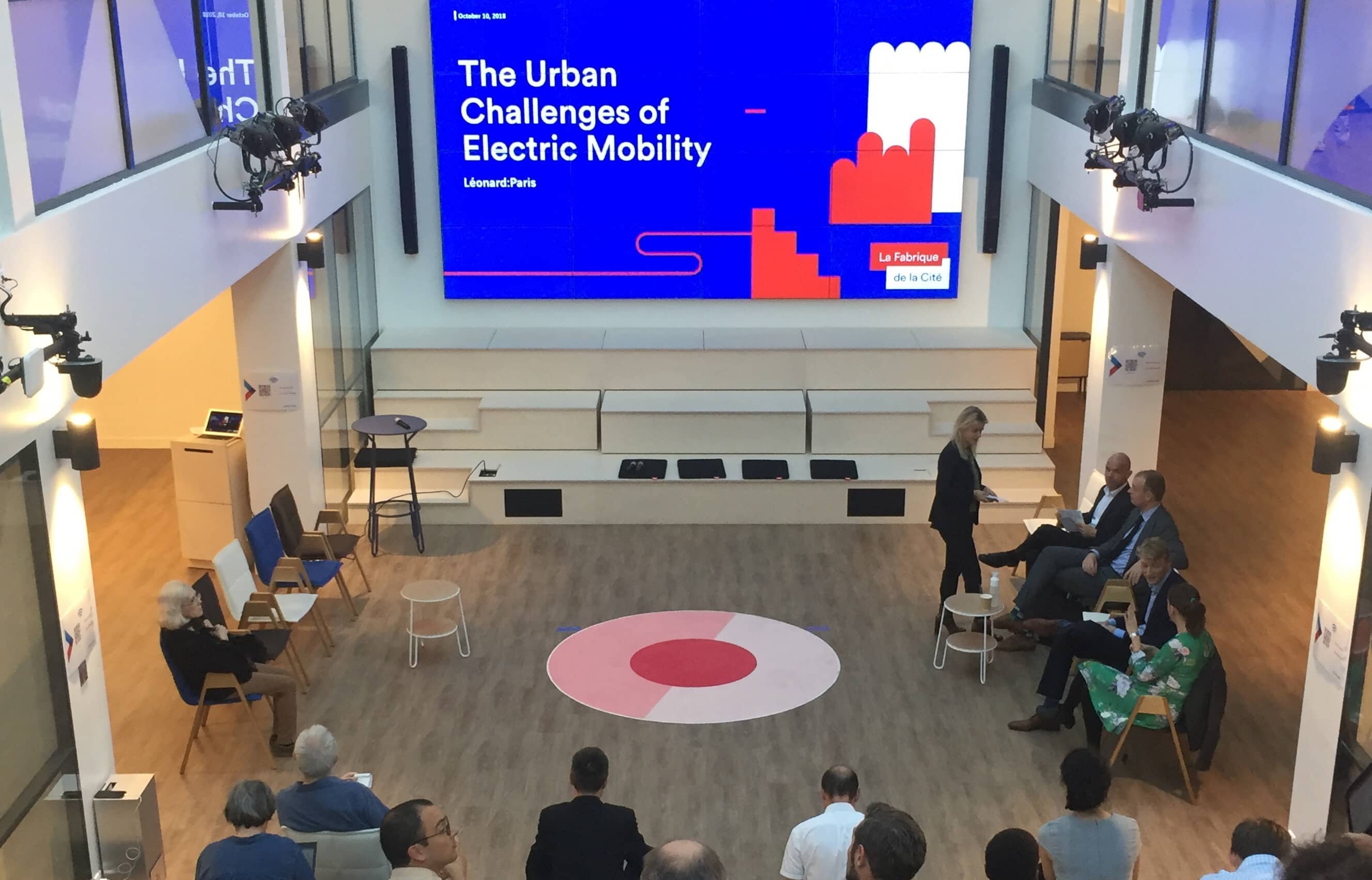

The smart city is dead, long live the climate-smart city!
The smart city is dead, long live the climate-smart city! This attempt to reconcile the city, digital technologies and the climate does not come from some digital giant or multinational trying to regain environmental virginity with oxymoronic slogans, but… from the United Nations.
The rationale is simple: climate change is massively due to human activities; cities concentrate more and more human beings and 70% of GHG emissions; consequently, they must revisit their development according to the climate imperative – there lies the true intelligence of the city of the future. Does this mean that the hierarchy of smart cities – those cities that bet on new technologies to enhance urban services – will be turned upside down? Immediately, attention is drawn to Singapore, which has been at the top of many smart city rankings for years. Is the “Lion City” about to be dethroned from its pioneering status?
While the rivalry with Hong Kong is no longer an issue after China’s political takeover of the former British colony, Singapore’s approach goes far beyond highly effective territorial marketing. In particular, the work on energy consumption or indoor air quality is worth following with interest. First, because the energy issue is a challenge for the city-state, which is bound to efficiency, as the small size and climate of its territory prevent it from developing rapidly clean energy sources. Secondly, because the pandemic has come and gone; Singapore has managed it in a way that is both strict and pragmatic. In this respect, anticipated innovations in airflow control in buildings through a system that could be used in the event of a pandemic could have broader implications on a largely under-addressed, albeit major, issue: indoor air quality. More fundamentally, the Covid outbreak showed that Singapore has now understood that open data is fully part of the smart city. – Cécile Maisonneuve, President
→ This op-ed is from Cécile Maisonneuve’s bi-monthly columns and can be found in its entirety on the L’Express website here (in French).
These other publications may also be of interest to you:

Lisbon beyond the Tagus
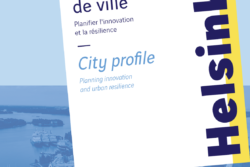
Helsinki : Planning innovation and urban resilience

A warm tomorrow

Toronto: How far can the city go?
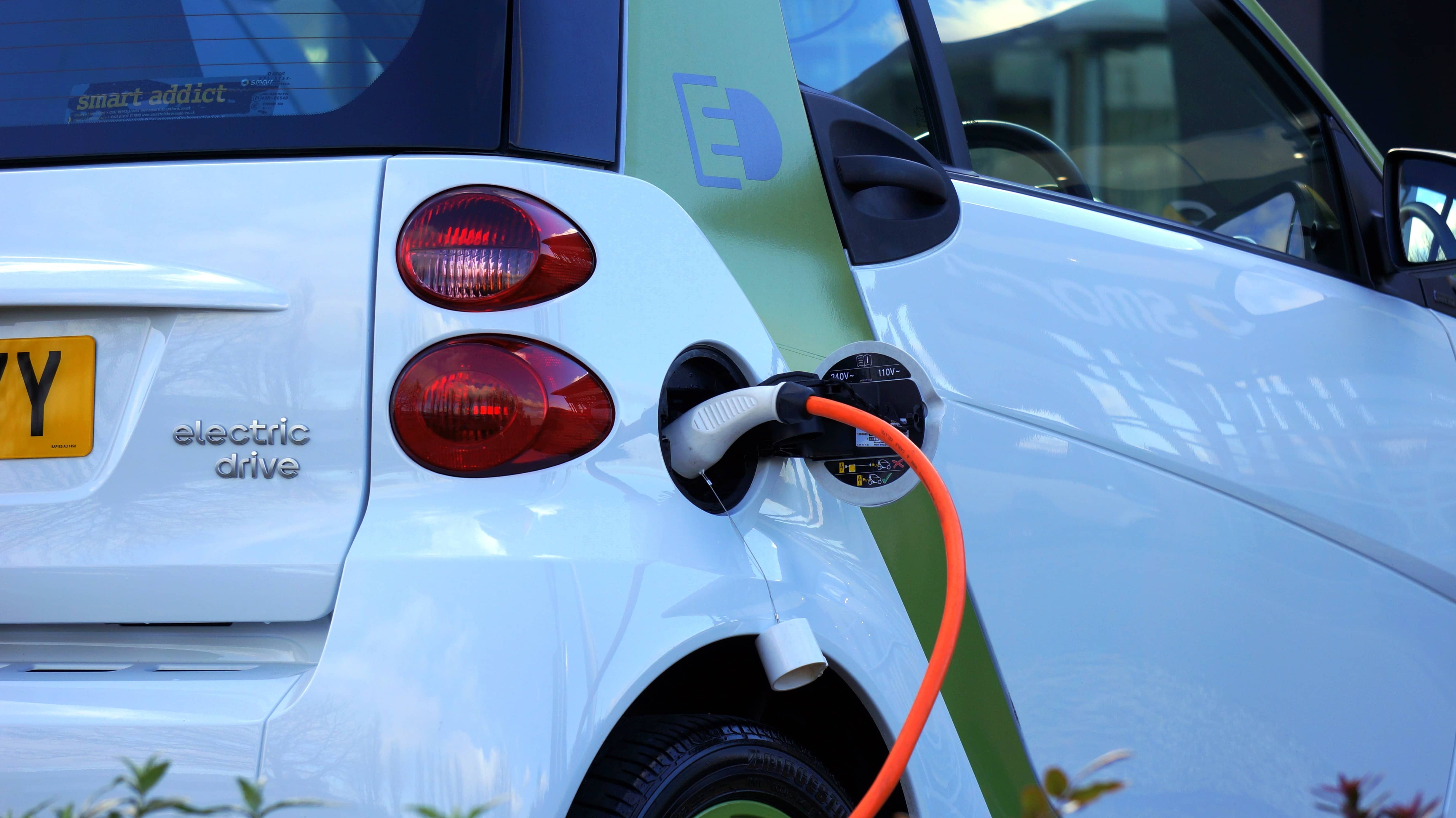
The political and technological challenges of future mobilities

Nature in the city
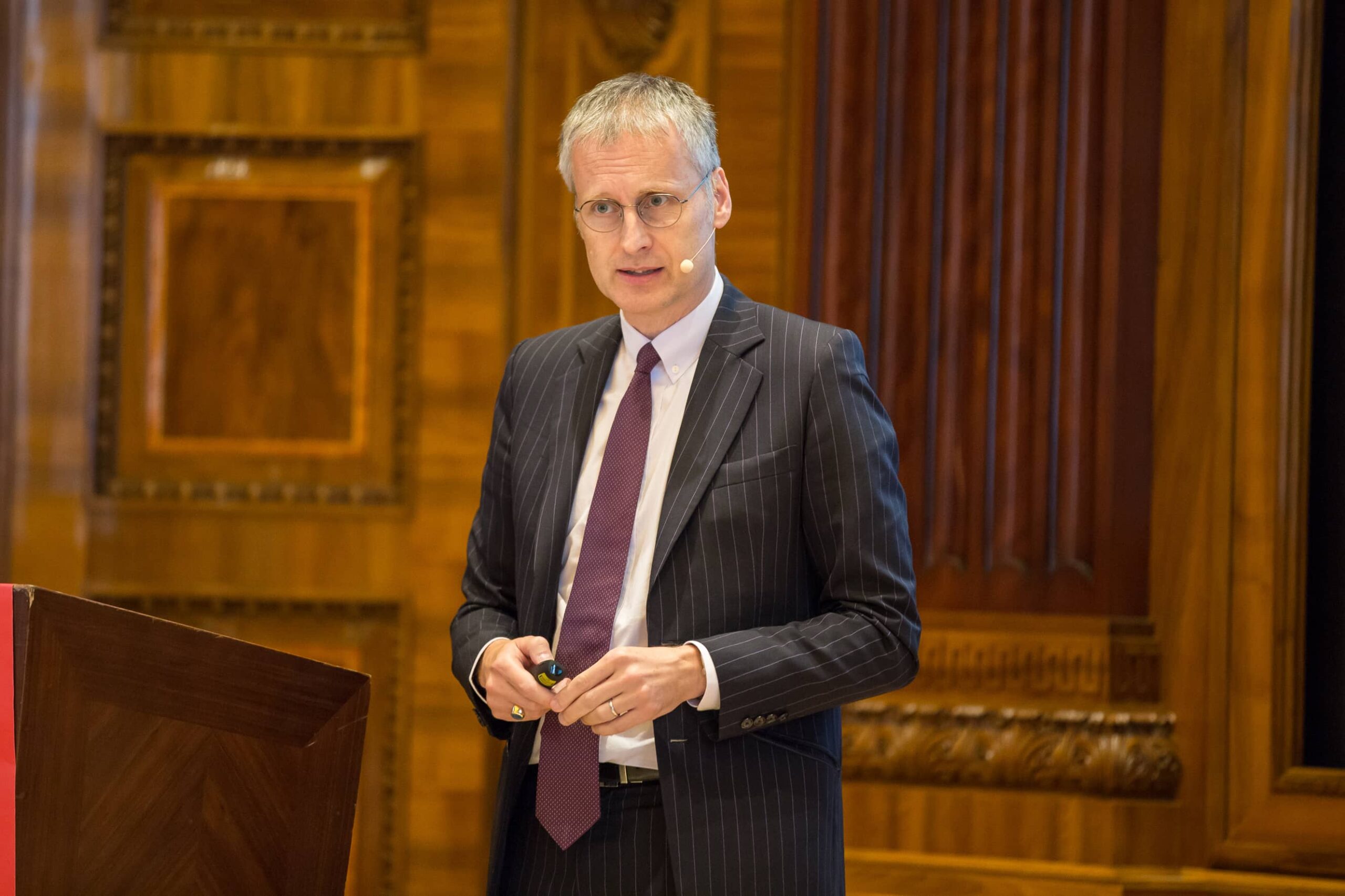
Viktor Mayer-Schönberger: what role does big data play in cities?
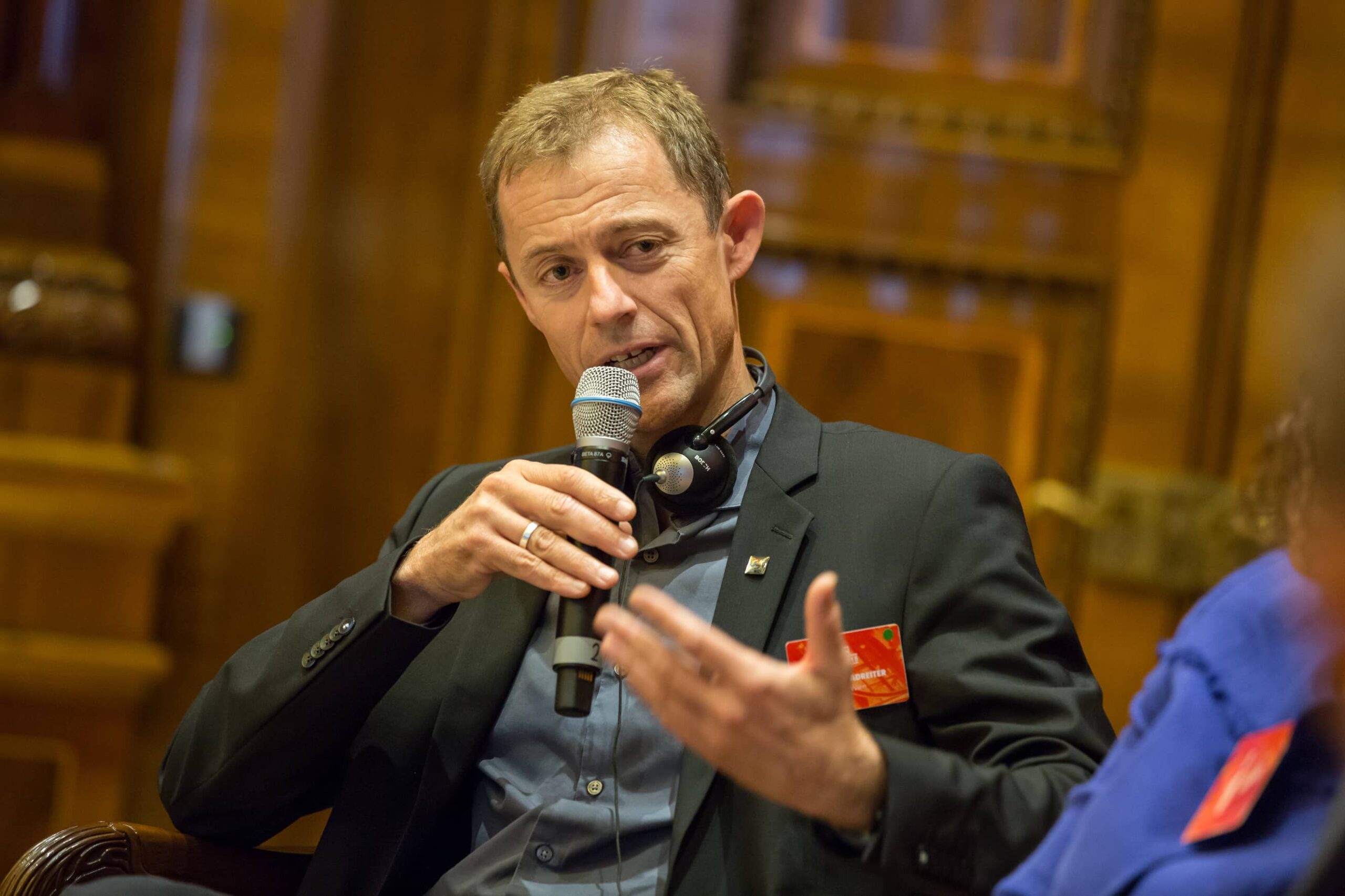
Thomas Madreiter: Vienna and the smart city
La Fabrique de la Cité
La Fabrique de la Cité is a think tank dedicated to urban foresight, created by the VINCI group, its sponsor, in 2010. La Fabrique de la Cité acts as a forum where urban stakeholders, whether French or international, collaborate to bring forth new ways of building and rebuilding cities.















